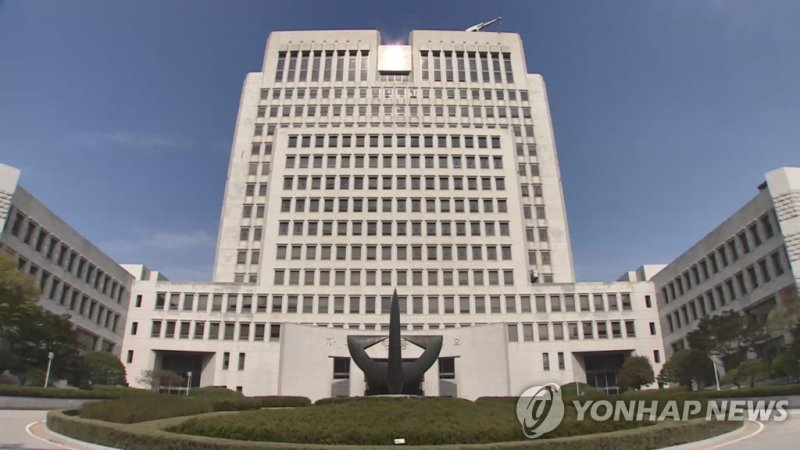Supreme Court of Korea Rules: 'If You Hang a Defamatory Banner Against a Company Again After Being Punished, It Constitutes a Repeat Offense'
- Input
- 2025-11-24 14:29:44
- Updated
- 2025-11-24 14:29:44

[Financial News] Even if someone is punished for defamation by hanging a banner criticizing a company, if they later change the content and repeat the act, they can be charged again, according to a Supreme Court of Korea ruling.
On the 24th, the legal community reported that the Supreme Court of Korea's third division, presided over by Justice Lee Hong-koo, overturned the first and second trial rulings that dismissed the prosecution's case against Mr. A for double jeopardy on charges of defamation and violating the Outdoor Advertising Act, and sent the case back to the Seoul Central District Court.
Mr. A was indicted for hanging banners defaming the company in front of the HiteJinro headquarters in Seocho-gu, Seoul, from December 2017 to January 2018, and in October 2021, the Supreme Court of Korea finalized a fine of 5 million won. While the trial was ongoing, from April 2018 to June 2019, Mr. A put up similar banners again and was indicted once more on the same charges.
Regarding Mr. A's repeated actions, the first trial court ruled that the prosecutor should have amended the indictment to add the second banner incident rather than filing a separate charge. The second trial also upheld this view and dismissed the prosecution's appeal, stating that since the offenses were committed in the same place and manner, the prosecution had engaged in double jeopardy. The courts considered the acts of hanging defamatory banners at different times as a single, continuous crime.
However, the Supreme Court of Korea disagreed. The Court stated, 'The previous case and the current charges cannot be regarded as a single, continuous crime,' and determined that the second indictment did not constitute double jeopardy.
The Supreme Court of Korea explained that when similar offenses are committed over a long period, the unity and continuity of intent should be carefully examined, considering the method and nature of each offense, the motivation, the time intervals between offenses, and whether there was any interruption or renewal of intent.
The Court further noted, 'The first and second trial rulings misunderstood the legal principles regarding continuous crimes,' and overturned both decisions, remanding the case to the court of first instance.
hwlee@fnnews.com Lee Hwan-joo Reporter